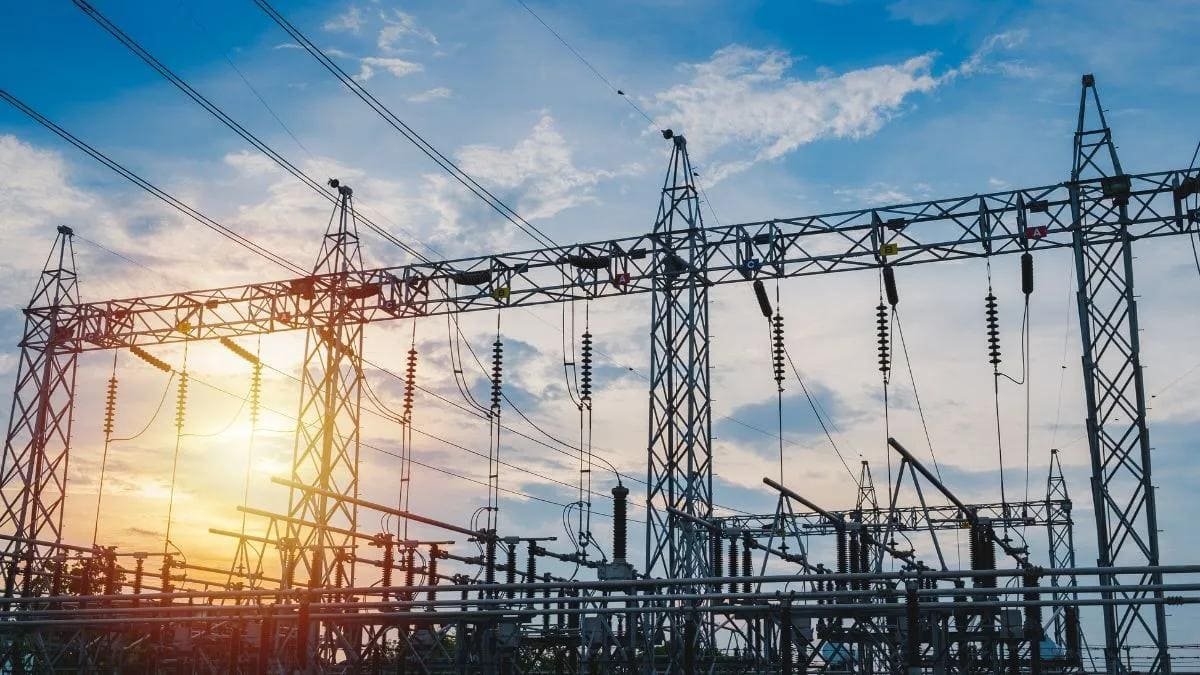26th August marks 272 days since the anti-privatisation struggle of the brave electricity employees of Uttar Pradesh began. We are very happy to share here the statement published by Vidyut Karamchari Sanyukta Sangharsh Samiti Uttar Pradesh. In this statement, the Sanyukta Sangharsh Samiti has questioned the entire process of privatisation of Purvanchal Vidyut Vitran Nigam and Dakshinanchal Vidyut Vitran Nigam. According to the standard bidding document on the basis of which privatisation is being done, the state government will take the responsibility of ensuring that the private company earns profit and protecting it from losses. The government should reveal how many billions of rupees will have to be paid from the government treasury for this. By demanding this, the Samyukta Sangharsh Samiti has raised a very basic question: If the government wants to hand over people’s money to private companies in this manner, then how is privatisation going to benefit the people?

Press Release of Vidyut Karmchari Sanyukt Sangharsh Samiti, Uttar Pradesh
Vidyut Karmchari Sanyukt Sangharsh Samiti, Uttar Pradesh
Press Release, 26 August 2025
Sangharsh Samiti Raises Questions on Privatization Process: If Government Continues to Provide Financial Support to Private Entities Post-Privatization, Why Burden the Public?
The Vidyut Karmchari Sanyukt Sangharsh Samiti, Uttar Pradesh, has raised concerns over the entire process of privatizing Purvanchal and Dakshinanchal Power Distribution Companies. The committee questions the benefit of privatization if, as per the Standard Bidding Document, the government will continue to provide financial support to private entities post-privatization.
The committee has once again appealed to the Honorable Chief Minister of Uttar Pradesh, Shri Yogi Adityanath, to intervene effectively and cancel the privatization process, which is riddled with irregularities and highly suspicious.
Central office bearers of the Sangharsh Samiti, Uttar Pradesh, stated today that Clause 2.2 (B) of the Draft Standard Bidding Document issued by the Union Power Ministry in September 2020 stipulates that if there is a significant gap between the average electricity sale price and average revenue collection in a privatized power distribution company, the government will ensure the supply of electricity at subsidized rates to the private company until it becomes profitable.
The committee demanded that the government clarify for how many years it will provide electricity at subsidized rates to the private company and the estimated cost in billions of rupees.
The committee highlighted that the primary reason for the losses of Uttar Pradesh’s state-owned power distribution companies is the expensive power purchase agreements with private power generation companies. Some agreements require the payment of ₹6,761 crore annually in fixed charges without even purchasing electricity.
According to the Draft Standard Bidding Document, the committee noted that post-privatization, the government will supply subsidized bulk power to private entities to offset costly power purchase agreements, with the government bearing the cost. The committee demanded clarity on the annual cost of this subsidized bulk supply and the duration for which it will continue.
Additionally, the committee pointed out that Clause 1.1 (E) of the Standard Bidding Document states that private companies will receive a clean balance sheet, with the government bearing all liabilities and losses. Clause 1.1 (F) further specifies that the government will provide financial assistance to private entities for 5 to 7 years or more until they become financially self-reliant and profitable.
The committee also revealed that, as per the Bidding Document, the land in 42 districts will be leased to private entities for a nominal rate of ₹1 per year. The committee questioned the rationale behind leasing valuable land in cities like Varanasi, Agra, Gorakhpur, Prayagraj, Kanpur, and other areas undergoing privatization for just ₹1 per year, asking how this qualifies as a reform.
The committee argued that if this is the approach, what is the need to sell off state-owned power distribution companies, which have been continuously improved, at throwaway prices?
On the 272nd day of the ongoing movement against power privatization, electricity employees continued vigorous protests across all districts and projects in the state.
Shailendra Dubey
Convener
9415096225
